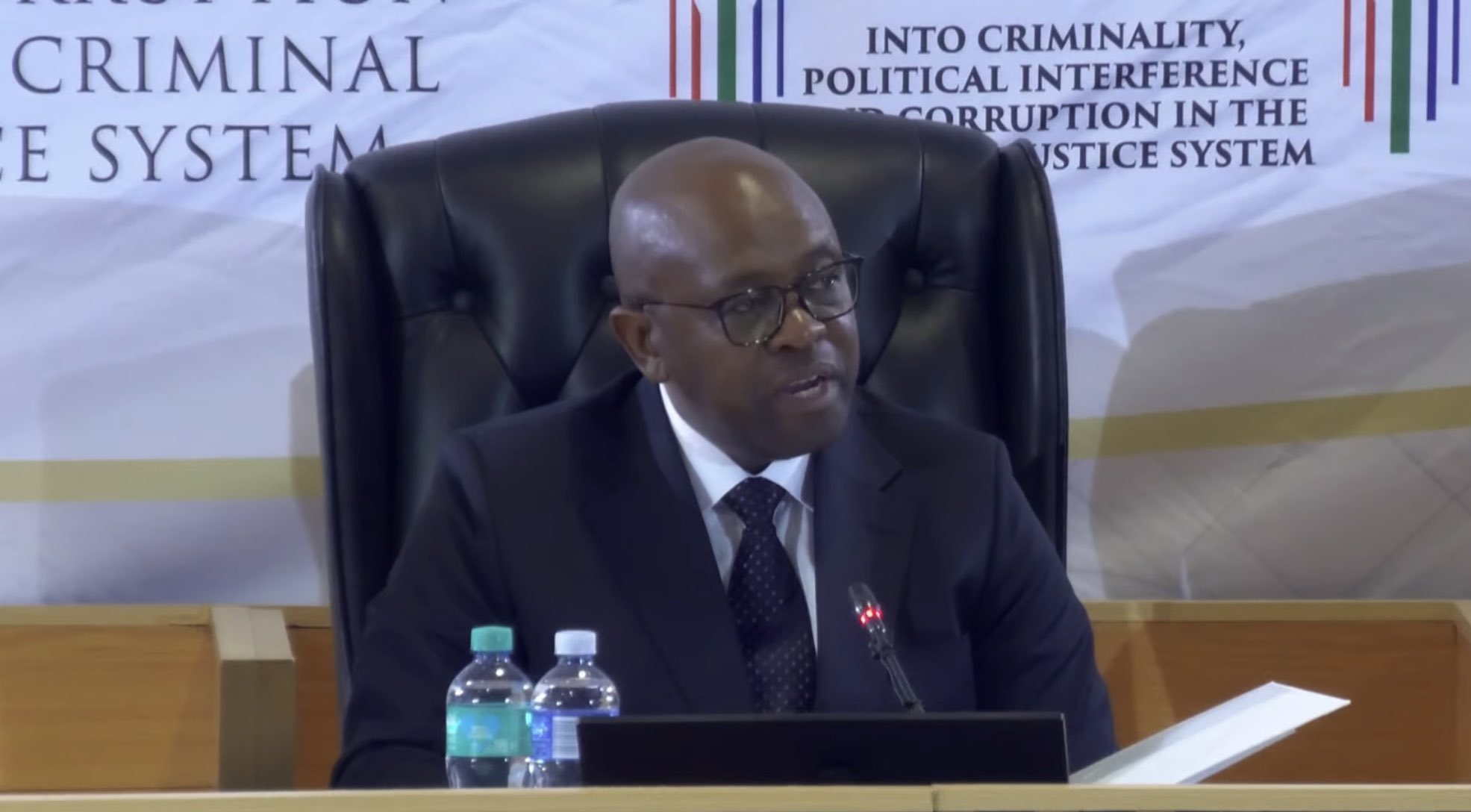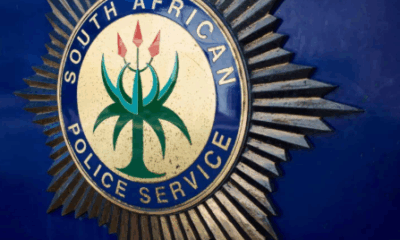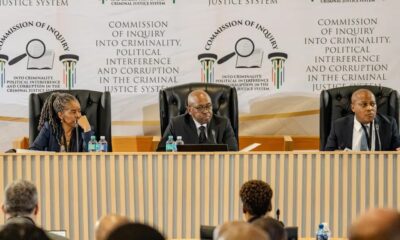News
KZN NPA Head Set to Testify on Political Interference at Madlanga Commission

High stakes testimony in the fight against political violence
The Madlanga Commission, which has been probing the collapse of anti-corruption and political violence investigations in KwaZulu-Natal (KZN), is preparing for a crucial day. Elaine Harrison, head of the KwaZulu-Natal National Prosecuting Authority (NPA), is expected to testify, shedding light on alleged political interference that may have undermined efforts to prosecute politically motivated murders.
Harrison’s testimony could reveal just how deep the infiltration goes within KZN’s justice system, particularly regarding the controversial disbandment of the province’s political killings task team (PKTT). The PKTT, which had been investigating high-profile assassinations, was supported by a dedicated team of NPA prosecutors to ensure swift and effective legal action.
Controversial directives from top officials
Central to the commission’s inquiry is a 2024 letter allegedly issued by Police Minister Senzo Mchunu. The directive reportedly ordered the disbandment of the PKTT, a move critics argue directly stalled critical investigations into politically sensitive murders. According to testimony from KZN Police Commissioner Lt-Gen. Nhlanhla Mkhwanazi, the provincial NPA was never consulted about this decision, raising concerns over potential overreach and undermining of prosecutorial independence.
The letter, addressed to National Police Commissioner Fannie Masemola, allegedly went further, freezing recruitment for all Crime Intelligence positions at provincial and national levels. Experts say this decision may have weakened investigative capacity within the South African Police Service (SAPS) at a time when political assassinations in KZN were spiking.
Allegations of betrayal and cover-ups
Adding fuel to the controversy, Major-General Patronella Van Rooyen, an SAPS expert, delivered scathing testimony before the commission. She accused top police leadership, including Mchunu and Deputy National Commissioner Shadrack Sibiya, of exceeding their legal mandates to protect criminal networks. “The Portfolio Committee’s failure to act on this is, in my mind, a failure of their mandate,” Van Rooyen said, criticizing Parliament for turning a blind eye to what she called blatant political meddling.
Social media has erupted in reaction to the testimony so far, with citizens expressing outrage over allegations that politics may have interfered with law enforcement’s ability to bring murderers to justice. Many users questioned whether public safety is being compromised for political convenience in the province.
The Madlanga Commission was established to investigate the collapse of KZN’s anti-corruption and political violence investigations, particularly in light of the province’s troubling history of political assassinations. Harrison’s testimony is anticipated to clarify the NPA’s internal stance and reveal how the organization navigated the tension between political directives and prosecutorial responsibility.
Observers say her testimony could set the tone for the remaining proceedings, potentially exposing systemic failures and shaping future reforms within both the NPA and SAPS.
As South Africans watch closely, the commission’s findings could have far-reaching implications, not only for those involved in KZN politics but for the integrity of the justice system across the country.



























